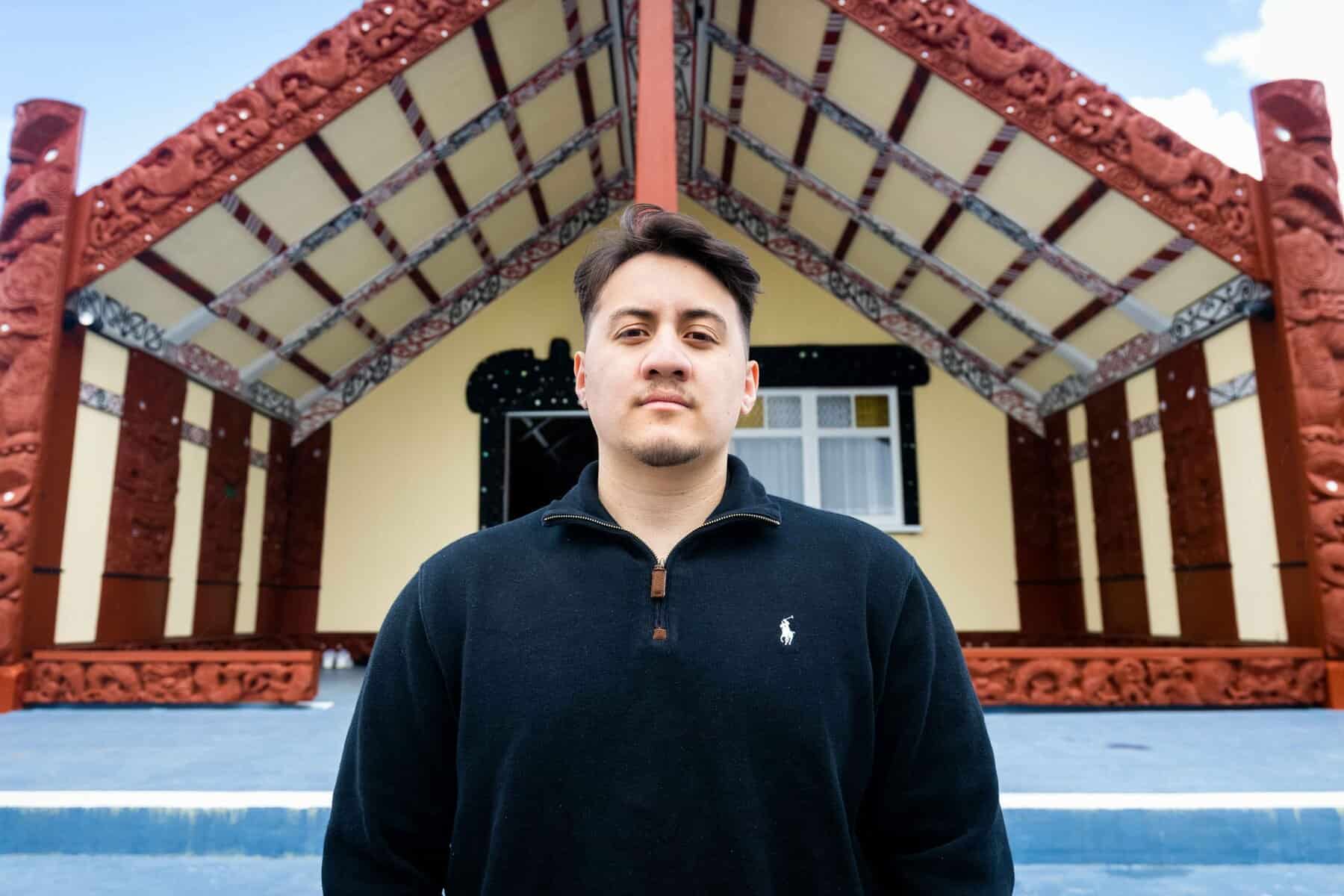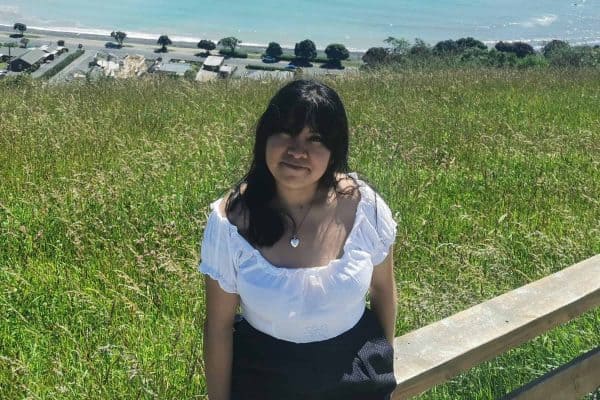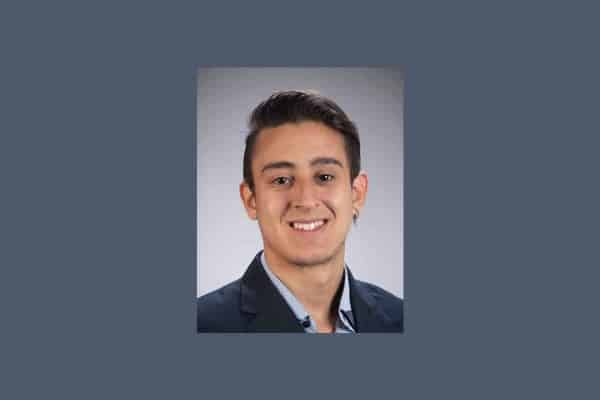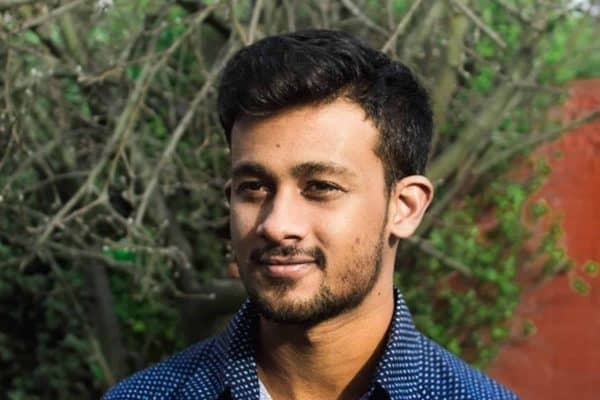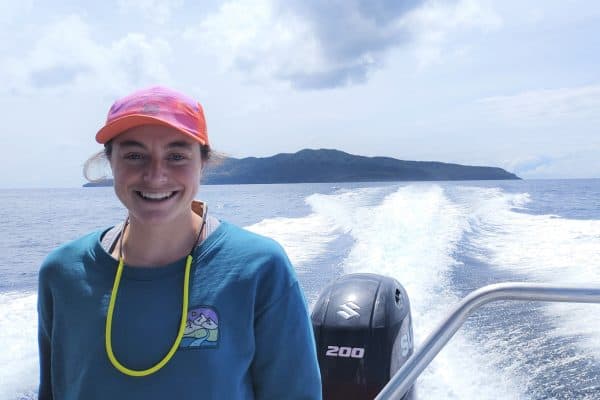Natural Hazard Recognition & Vulnerability of Marae Infrastructure
Tēnā tātou katoa. He uri whakaheke ahau nō ngā iwi o Te Arawa, Tūwharetoa, Te Āti Haunui-ā-Pāpārangi, Ngāti Pāhauwera, Ngāti Raukawa me Ngāi Tahu.
All of my schooling was taught in Te Reo Māori at Te Kōhanga Reo ki Ōhau in Ōkere Falls and Te Kura Kaupapa Māori o Te Koutu in Rotorua. Initially, I chose to study civil and environmental engineering at the University of Auckland due to my passion for numbers. Now that I have completed my degree, I see past the equations and focus more on the difference research can bring about for our whānau, hapū and iwi. I credit my interest in research to Dr Tūmanako Fa’aui, Assoc Prof Liam Wotherspoon and Prof Jason Ingham, who have been instrumental in supporting, guiding, and exposing me to the world of research.
Outside of studies, I am incredibly passionate about inspiring more rangatahi (youth) into tertiary education, especially prospective students who come from Kōhanga Reo (Māori-language pre-school) and Kura Kaupapa Māori (Māori-language immersion school) backgrounds. I believe the new generation raised with tikanga, kawa and values intrinsic to te iwi Māori, who can navigate seamlessly between Māori and Pākehā worlds, will be the changemakers of Aotearoa.
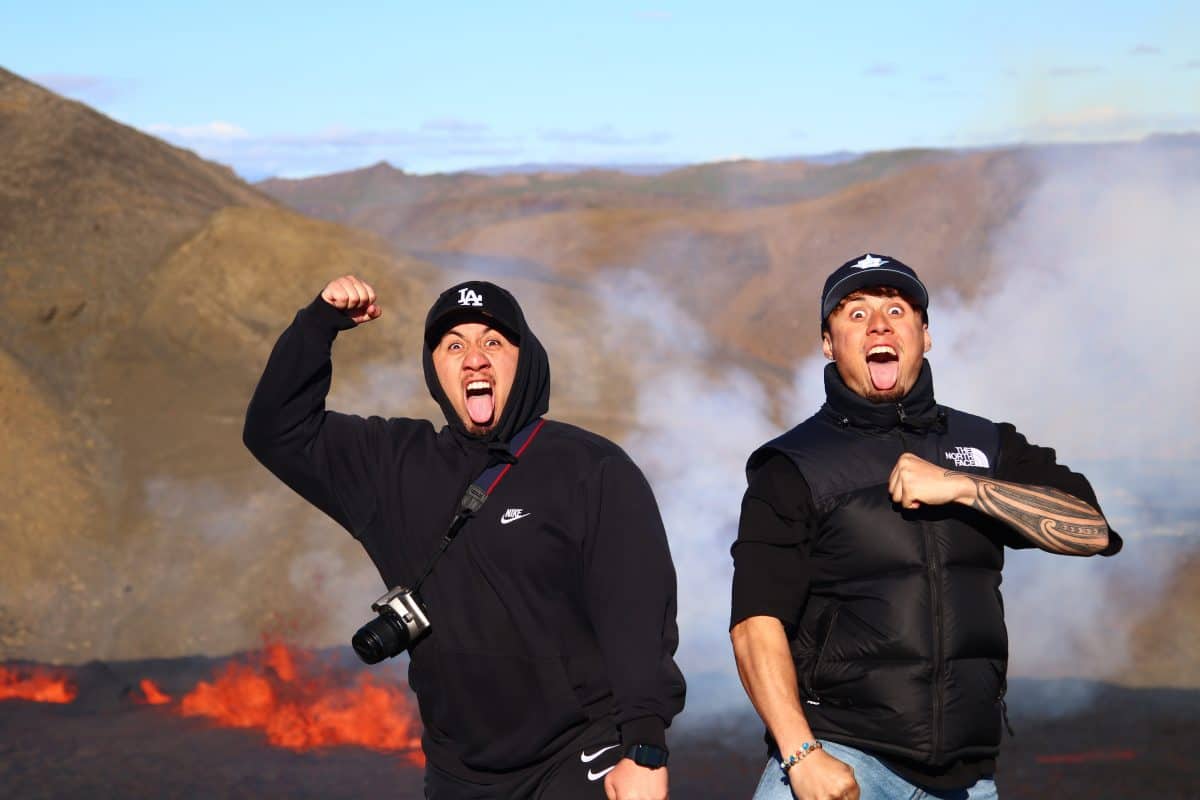
My Project
What makes this project unique is that it was thought up by whānau, hapū and iwi through various discussions with kaumātua (elders) and rangatira (iwi leaders), such as CEOs and senior Māori academics. This research looks at the natural hazard resilience of marae with a key focus on the infrastructure networks that service marae and considering the added pressures introduced by climate change.
Despite the complexity of hosting the multitudes with limited resources, Māori have demonstrated effective emergency management, response and relief. Without infrastructure or adequate infrastructure, marae would not be able to cater for the masses in an emergency. In many cases, marae are under-resourced, with many having infrastructure, services, and buildings in need of repair or upgrade. As flooding is the most common natural hazard in Aotearoa and earthquakes are potentially the most damaging and disruptive, it calls into question the adequacy of marae infrastructure networks in a natural hazard event.
For now, the research questions are as follows:
- To what extent can whānau, hapū and iwi be confident in responding to natural hazard events with respect to the current state of marae infrastructure?
- What risks and opportunities do newly introduced policies (National Adaptation Plan) and imminent legislative reforms (Three Waters, Resource Management Act) pose to or impose on marae and Māori communities in natural hazard events? Will the proposed reforms put whānau, hapū and iwi in a better position to respond to natural hazard events, or will they be burdened with additional costs for the sake of compliance?
- What adaptation strategies can marae draw from transnational heritage sites to grapple with the rapidly changing set of environmental conditions induced by climatic changes?
- How can indigenous knowledge (mātauranga Māori) better inform and help to create innovative infrastructure solutions for marae in response to climate change and natural hazards?
We aim to split the research into two main branches: firstly, a broad focus that looks at marae location, exposure, vulnerability and fragility of natural hazards and critical infrastructure networks across Aotearoa through geospatial hazard mapping and other technical assessment tools. Secondly, in-depth case studies encompass a detailed marae assessment investigating on-site assets and aspects unique to the context of each marae (e.g., geothermal). Within the project timeline, we aim to work closely with 5-10 marae across Aotearoa grappling with unique or shared natural hazards and climate-related challenges. The research will also explore the risks and opportunities introduced by current policy and legislative reforms. Finally, a vital element of this research is integrating Māori knowledge, wisdom and thinking into developing solutions appropriate for differing marae contexts.
Through GIS hazard mapping and working closely with marae, we want to better understand the risks and opportunities specific to each marae and learn about what is important across the physical infrastructure and the hapū itself. For instance, the prioritisation of upgrades and what would best serve the multi-pronged purposes of marae operation under business-as-usual scenarios and emergency circumstances, such as natural hazard events. Finally, we want all the research outputs to go back to the whānau and hapū members of the marae, which is the right thing to do, giving effect to the proverb “no research about us, without us”.
Next Steps
Given the demonstrated resilience of Māori communities in natural hazard events, it is hoped that this research influences policy and Government agencies to resource marae adequately. The direct impacts will enhance marae climate and natural hazard resilience and indirectly support the broader community in future natural hazard events. In the short term, we are in the early stages of reaching out to marae, who might want to be part of the research project, using whakapapa or wider relationships within the research team. In the medium- and long-term, we hope to stimulate conversations within whānau, hapū and iwi to consider natural hazards and climate change in future planning and observe the shift from reactive to proactive states when nature strikes. Overall, we want the research to (a) help advise and support whānau, hapū and iwi with climate change adaptation planning and resilience building, (b) protect cultural infrastructure and resources, and (c) inform policy, funding allocations, and local and central government decision-making.
